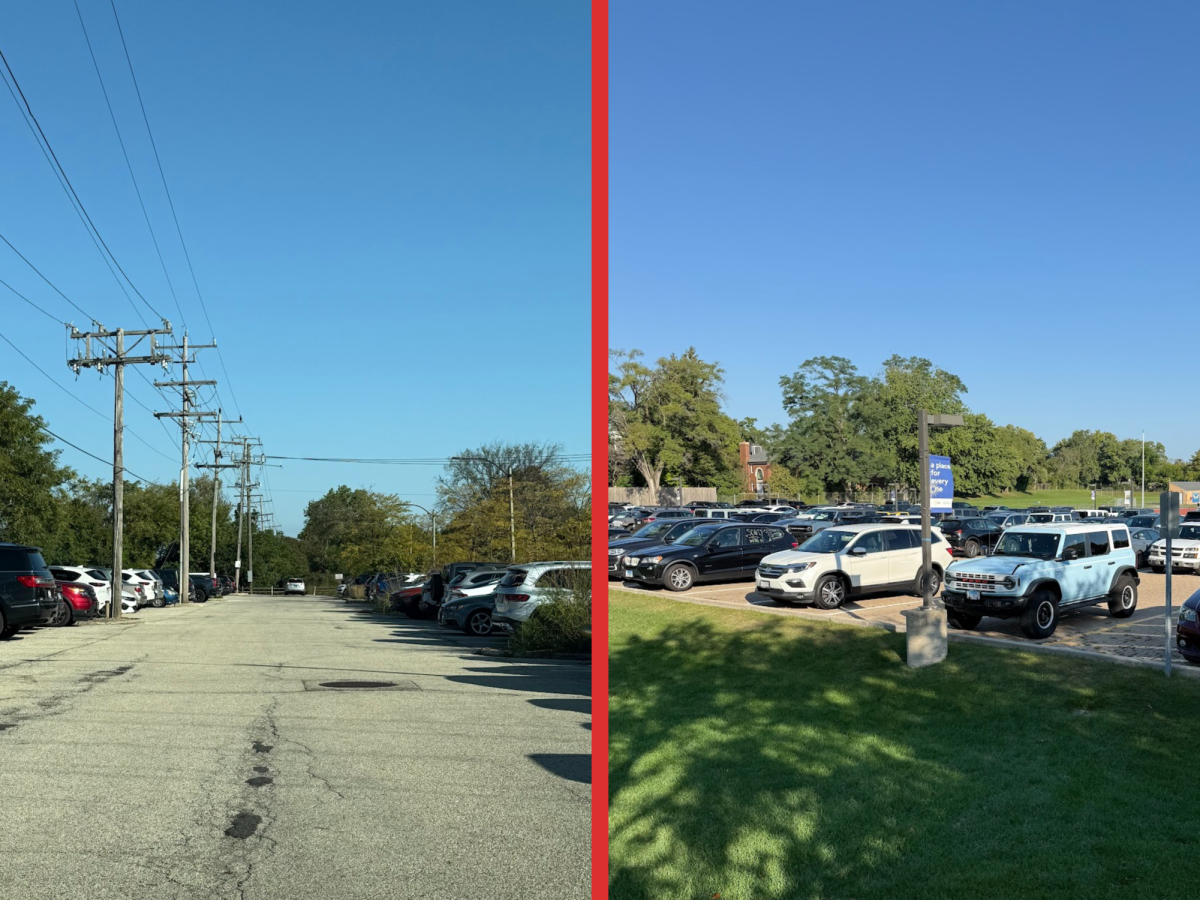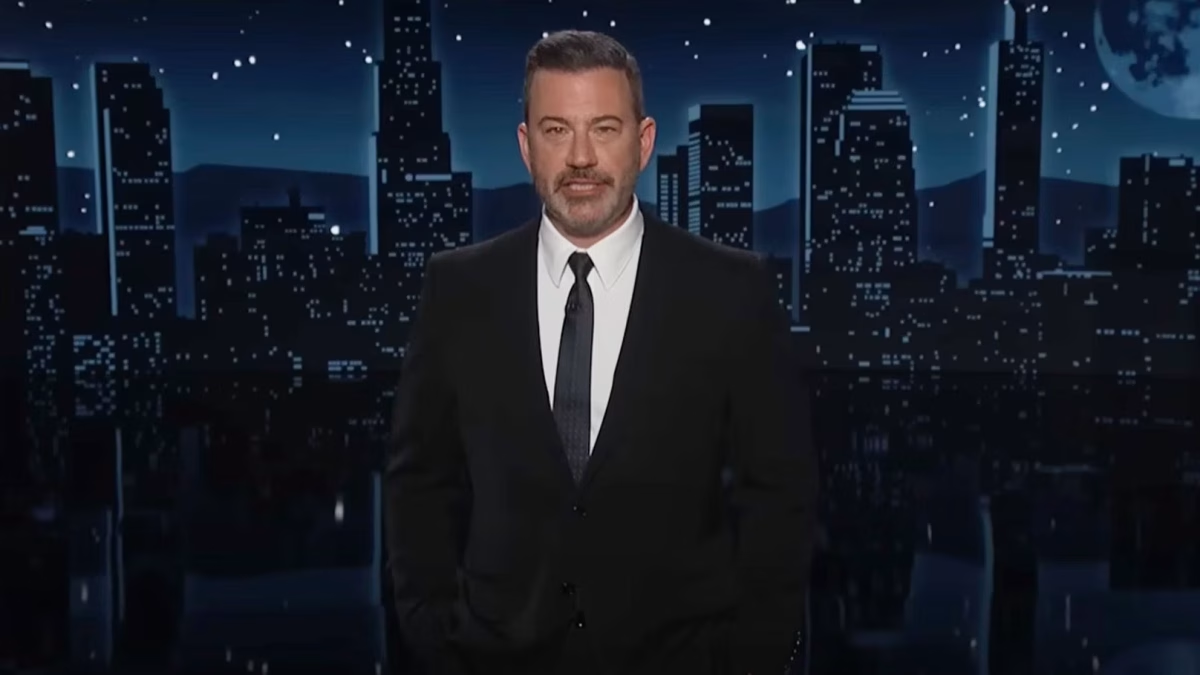Our nation is built on a foundation that allows for the expression of differing political beliefs and ideologies. The freedom of speech of these beliefs is an inherent right that we, as a country, are proud of. Congress has, for the majority of time, been split into two primary opposing political parties: liberal and conservative. Although having two major parties poses its own problems, the presence of these different views is essential to enhancing society and creating new perspectives.
However, political polarization has become an epidemic in the United States. In recent years, views on either side of the political spectrum have become even more extreme, in turn hindering effective communication and discussion. Instead, individuals and groups who oppose each other attack the other side, engaging in negative ways. To avoid these tense conversations, we can practice something called civil discourse.
Civil discourse is defined as “the practice of deliberating about matters of public concern in a way that seeks to expand knowledge and promote understanding.” Civil discourse creates a culture where different views can be expressed without malicious or unproductive responses in return. It allows individuals and groups to compare, contrast, and grow perspectives. Most importantly, it creates an atmosphere where people get along with each other, despite their differences.
As we emerge into a renewed presidency under Donald Trump, and as Congress flips from blue to red, it is imperative that we, as students at LFHS, understand the importance of civil discourse. English teacher Jane Eccleston spoke on the elucidating effects of its practice.
“Civil discourse helps us separate the idea from the person. In recent years, our national discourse has often focused on attacking individuals by associating certain types of people with certain ideologies. When you listen to individuals with the goal of understanding, you quickly learn that many of your assumptions are wrong. In my experience, starting a discussion from a place without those assumptions is very illuminating,” Eccleston said.
Eccleston has observed how her students communicate with each other in class discussions and offers advice to students who struggle with civility.
“Some students tend to make a statement and then withdraw from the rest of the conversation. At that point, you can tell they weren’t truly interested in hearing other perspectives; their goal was to make their own point. Those conversations don’t build understanding,” Eccleston said. “It’s so important to define a common goal for a group discussion. When the participants approach the discussion without assuming they’re already experts, all points of view can be heard and considered. It’s not a skill that’s natural for everyone. In fact, many of us have been trained to be competitive, but learning is not a zero-sum game. We don’t learn better by proving that we’re smarter. I really believe we learn better through humility.”
Kristen Carlson, the English Department’s Instructional Director and English teacher, had the opportunity to attend an education workshop a few years back where she learned about civil discourse.
“Dr. Gilo Kwesi Logan, who led the workshop, offered that any substantive discussion has to avoid the trap of debating a perspective and instead focus on researching and discovering a viewpoint. This resonated with me as this mindset requires humility and respect,” Carlson said.
Civil discourse cultivates open-mindedness and thoughtfulness, allowing us to glean different perspectives from those around us to create more accurate, moderate ideas. However, a lack of civil communication can lead to disagreements and hostility.
“Productive civil discourse leads to deeper understanding, more focused work, and collaborative efforts. But, when it devolves into anger and hurt feelings, those benefits cannot be achieved,” Carlson said.
Social studies teacher Cheryl Kyrias believes that practicing civil discourse is crucial to improve our nation and keep our amiable connections with other people.
“It’s important to learn to speak civilly to preserve important relationships in your life, and to maintain a sense of collegiality in society,” Kyrias said. “Learning to speak civilly is essential to leading a successful life, especially in the workplace and with family affairs.”
We need to remember that everyone has their own viewpoint and that everyone has the right to express their opinions. In order to create a culture where society can progress and people can maintain good relationships, we must master civil discourse.







